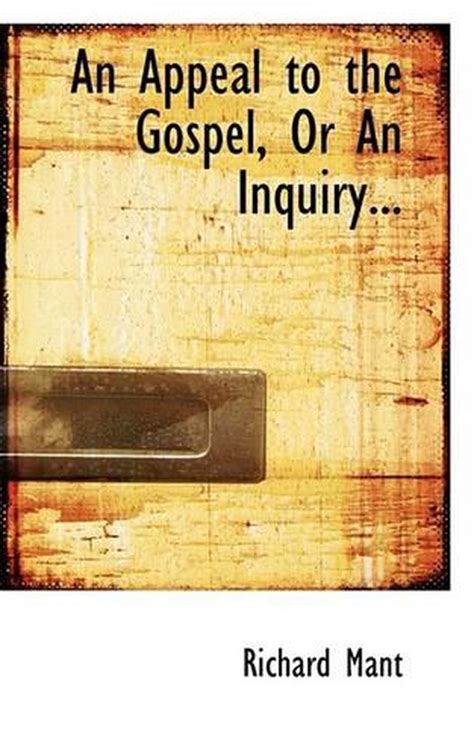A Quote by Joseph Addison
Religion prescribes to every miserable man the means of bettering his condition; nay, it shows him that the bearing of his afflictions as he ought to do, will naturally end in the removal of them.
Related Quotes
Every deviation from the rules of charity and brotherly love, of gentleness and forbearance, of meekness and patience, which our Lord prescribes to his disciples, however it may appear to be founded on an attachment to Him and zeal for His service, is in truth a departure from the religion of Him, "the Son of Man," who "came not to destroy men's lives, but to save them.
And because the condition of Man, (as hath been declared in the precedent Chapter) is a condition of Warre of every one against everyone; in which case every one is governed by his own Reason; and there is nothing he can make use of, that may not be a help unto him, in preserving his life against his enemyes; It followeth, that in such a condition, every man has a Right to every thing; even to one anothers body.
The godly man contrarily is afraid of nothing; not of God, because he knows Him his best friend, and will not hurt him; not of Satan, because he cannot hurt him; not of afflictions, because he knows they come from a loving God, and end in his good; not of the creatures, since "the very stones in the field are in league with Him;" not of himself, since his conscience is at peace.
It´s a good thing when a man is different from your image of him. Is shows he isn´t a type. If he were, it would be the end of him as a man. But if you can´t place him in a category, it means that at least a part of him is what a human being ought to be. He has risen above himself, he has a grain of immortality.
I have no religion, and at times I wish all religions at the bottom of the sea. He is a weak ruler who needs religion to uphold his government; it is as if he would catch his people in a trap. My people are going to learn the principles of democracy, the dictates of truth and the teachings of science. Superstition must go. Let them worship as they will; every man can follow his own conscience, provided it does not interfere with sane reason or bid him against the liberty of his fellow-men.
Once in his life, a man ought to concentrate his mind upon the remembered earth, I believe. He ought to give himself up to a particular landscape in his experience, to look at it from as many angles as he can, to wonder about it, to dwell upon it. He ought to imagine that he touches it with his hands at every season and listens to the sounds that are made upon it. He ought to imagine the creatures there and all the faintest motions of the wind. He ought to recollect the glare of noon and all the colors of the dawn and dusk.
Let a man choose what condition he will, and let him accumulate around him all the goods and gratifications seemingly calculated to make him happy in it; if that man is left at any time without occupation or amusement, and reflects on what he is, the meagre, languid felicity of his present lot will not bear him up. He will turn necessarily to gloomy anticipations of the future; and unless his occupation calls him out of himself, he is inevitably wretched.
No marvel if the worldling escape earthly afflictions. God corrects him not. He is base born and begot. God will not do him the favour to whip him. The world afflicts him not, because it loves him: for each man is indulgent to his own. God uses not the rod where He means to use the Word. The pillory or scourge is for those malefactors that shall escape execution.





































